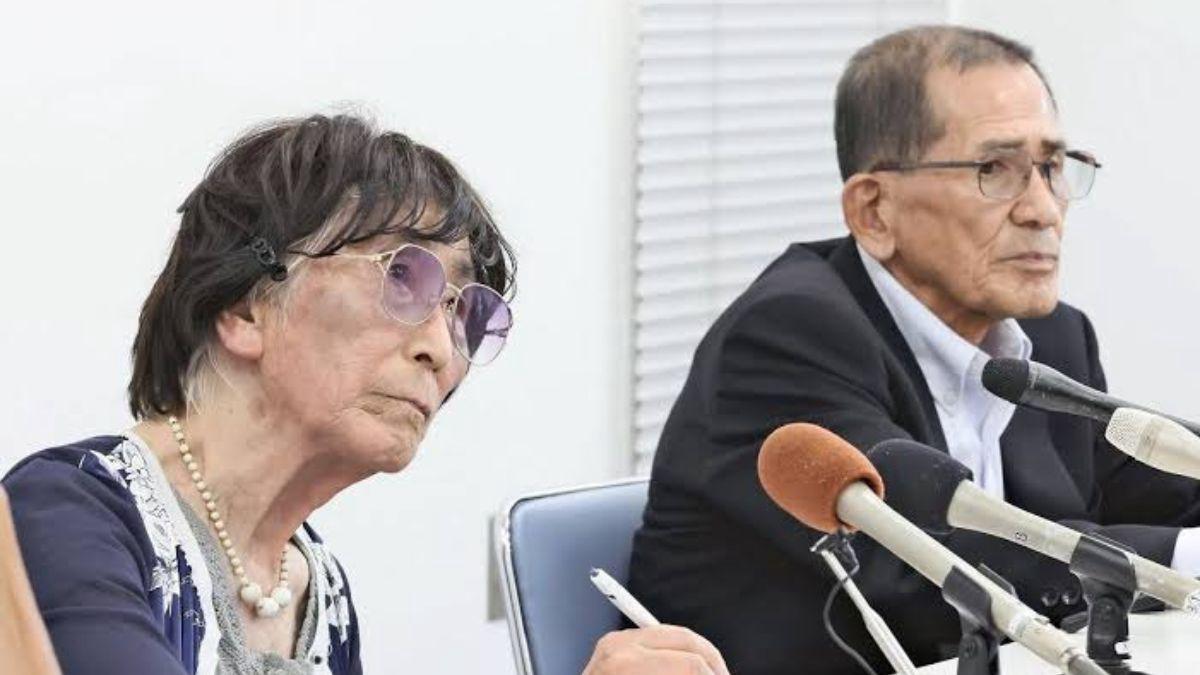Survivors of the atomic bombing in Nagasaki have voiced their deep disappointment following Prime Minister Fumio Kishida’s announcement that the government will appeal a recent court ruling favoring plaintiffs in their lawsuit for compensation. This decision has left many survivors feeling disillusioned and frustrated.
The lawsuit, brought forth by a group of atomic bomb survivors, sought recognition of their suffering and the need for adequate compensation from the government. In a landmark ruling earlier this month, the Nagasaki District Court recognized the plaintiffs’ claims, highlighting the long-term health impacts and emotional trauma endured by survivors. However, the Prime Minister’s announcement to appeal this ruling has sparked outrage among the affected individuals and their advocates.
One plaintiff expressed disbelief, stating, “We can’t believe it. We fought for years to have our suffering acknowledged, and now it feels like we’re being disregarded once again.” Many survivors had hoped that the court’s decision would signal a shift toward greater recognition of their plight and a commitment to justice.
The appeal comes amid ongoing debates about the government’s responsibility to atomic bomb survivors, who have historically faced bureaucratic hurdles in securing assistance and recognition. Critics argue that the government’s decision to appeal reflects a reluctance to confront the legacy of nuclear warfare and the profound impact it has had on survivors and their families.
Advocates for the plaintiffs are calling on the government to prioritize the well-being of survivors over legal battles. “This is not just about compensation; it’s about acknowledging the human cost of the atomic bombings,” stated one activist. The emotional toll of the bombing continues to affect generations, and many survivors feel that their voices are still not being heard.
As the appeal process unfolds, the plaintiffs remain resolute in their fight for justice, determined to ensure that the horrors of the past are recognized and that future generations understand the implications of nuclear warfare. The disappointment expressed by the survivors serves as a reminder of the ongoing struggle for recognition and reparations that many continue to face in Japan today.

